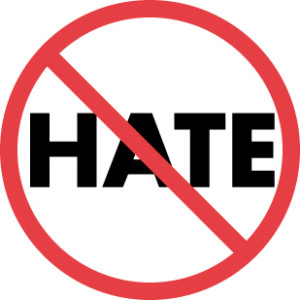 A new analysis by David Cunningham, a professor of sociology at Washington University in St. Louis, finds that the growth of hate groups in the United States has slowed since the inauguration of Donald Trump as President of the United States. This has occurred after decades of growth in the number of hate groups.
A new analysis by David Cunningham, a professor of sociology at Washington University in St. Louis, finds that the growth of hate groups in the United States has slowed since the inauguration of Donald Trump as President of the United States. This has occurred after decades of growth in the number of hate groups.
While the expansion in the number of hate groups has slowed, Professor Cunningham notes that incidents of hate crimes have increased. He notes that in the month after Trump’s election there were more than 1,000 hate incidents documented by the Southern Poverty Law Center.
Professor Cunningham cites statistics that show that the number of U.S. hate organizations nearly doubled in the past two decades — rising from 457 groups active in 1999 to 917 in 2016. But with the election of Donald Trump, the growth stopped.
“My research shows that hate groups tend to grow in response to threats emerging from environments where social groups perceive their standing to be uncertain or at risk,” Professor Cunningham said. “Trump’s election signaled the closing of the perceived threats that drove hate groups to form during the Obama administration and provided a perceived window of opportunity for existing groups and their supporters to act with relative impunity.”
Dr. Cunningham is the author of Klansville, U.S.A.: The Rise and Fall of the Civil Rights-Era’s Largest KKK (Oxford University Press, 2013).
The study, “Differentiating Hate: Threat and Opportunity as Drivers of Organization vs. Action,” was published in the journal Sociological Research Online. It may be accessed here.

